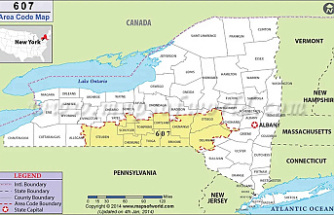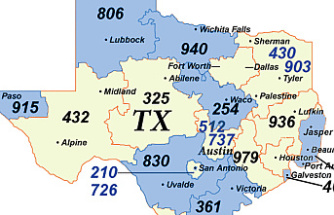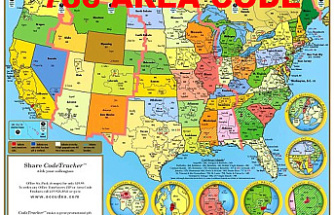It's often said of the weather that everybody talks about it, but nobody does anything about it. The political chatter here is similarly rife with speculation about how President Donald Trump can somehow be brought to heel, but there is no credible plan.
Numerous scholars on the Constitution have cited Article I, Section 9: "No Title of Nobility shall be granted by the United States: and no Person holding any Office of Profit or Trust under them, shall, without the Consent of the Congress, accept any present, Emolument, Office or Title, of any kind whatever, from any King, Prince or foreign State."
While the rules of punctuation in force in the late 18th century might seem baffling to present-day eyes, the meaning of the paragraph is clear and straightforward enough: No officeholder should be offered a payoff or inducement, and no one should accept either one from any foreign power.
This "emolument clause" has never been effectively invoked against an American president to remove him from the Oval Office, or effectively cited as grounds for impeachment by the House of Representatives.
Two presidents, Andrew Johnson in 1868 and Bill Clinton in 1998, were impeached on other grounds. They subsequently were acquitted in Senate trials when foes failed to muster the two-thirds majority required for conviction, and they finished their terms.
But Mr. Trump's refusal to surrender ownership of his vast real-estate holdings or put them in a blind trust appears to make him vulnerable to challenges on grounds of conflict of interest. He has continued to contend that a president cannot be tried on such grounds, and few serious critics have yet come forward to test the proposition.
Mr. Trump tried to throttle the opposition by trotting out a lawyer and a table laden with papers purporting to offer a solution to the allegations that was swiftly rejected by ethics experts. They said his plan to turn over operation of his Trump Organization to two of his sons was far short of placing it in a blind trust as other presidents had done.
A group led by two former ethics advisers under Presidents George W. Bush and Barack Obama, along with Harvard law professor Laurence Tribe, called Citizens for Responsibility and Ethics in Washington (CREW), has been building a case against Mr. Trump, including a demand that he make public his tax returns, as previous presidents have done.
During the 2016 campaign, candidate Trump repeatedly said he could not do so as long as they were under audit by the Internal Revenue Service, though the IRS said there was no official inhibition against him doing so. After the election, Mr. Trump's new White House counselor Kellyanne Conway announced flatly that the returns would not be released.
A lengthy article in The Atlantic Monthly offering a crib sheet of Trump business deals involving foreign clients provided strong examples of the new president's real or prospective conflicts of interest. They included Trump-branded luxury hotels in many foreign locales patronized by royalty and business tycoons, from whom Mr. Trump might benefit financially or be subject to political pressures.
The New York Times reported that Anthony Romero, executive director of the American Civil Liberties Union, was seeking an owner or proprietor of a hotel or bed-and-breakfast to be plaintiff with standing to sue Mr. Trump. Also, some Senate Democrats said they were considering legislation to force him to divest himself of his holdings or face impeachment.
Walter Shaub, director of the federal Office of Government Ethics, has pointedly declared: "I don't think that divesture is too high a price to pay to be president of the United States." In a Brookings Institution talk, he called the announced plan to turn the Trump business empire to his children "meaningless."
Yet the new president seems undeterred in pressing on with the Band-Aid he has applied to the one legal issue that conceivably could stand in his way as he undertakes his official responsibilities, winging his way as he goes.
Jules Witcover is a syndicated columnist and former long-time writer for The Baltimore Sun. His latest book is "The American Vice Presidency: From Irrelevance to Power" (Smithsonian Books). His email is juleswitcover@comcast.net.
Our editors found this article on this site using Google and regenerated it for our readers.












